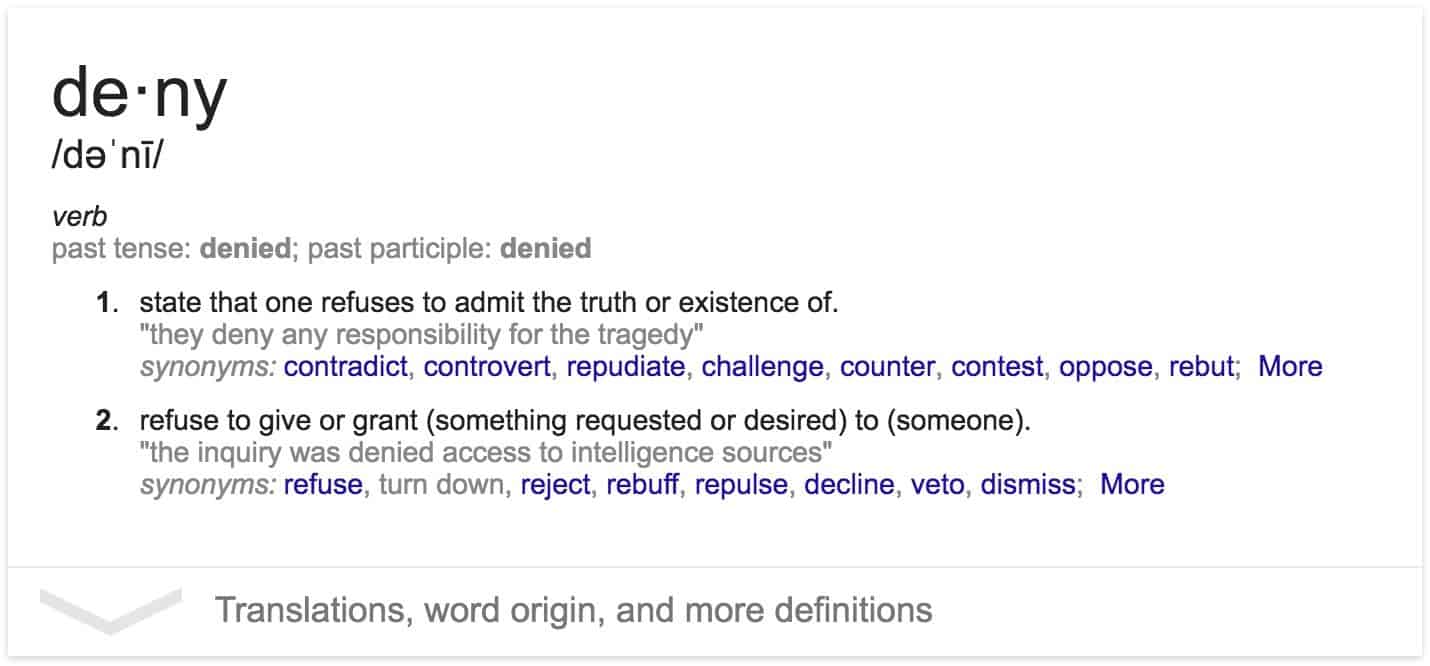Rumored Buzz on How To Get Someone Court Ordered Rehab
As stated under Subsection 150. 01. a. iii. counseling practicum experience instead of task or internship experience will be supervised at a ratio of one (1) hour of guidance for every ten (10) hours in the settings. For instance: (3-29-12) A person in a twenty (20) hour weekly job/internship who is receiving one (1) hour of individual supervision each week would build up one thousand (1,000) supervised hours in fifty (50) weeks to equate to the twenty to one (20/1) ratio.
( 7-1-93) A person in a forty (40) hour per week setting with 2 (2) hours of supervision weekly would accumulate the one thousand (1,000) hours at the twenty to one (20/1) supervision ratio in twenty-five (25) weeks. (7-1-93) Till July 1, 2004, the supervision must be offered by a Professional Counselor or a Clinical Professional Therapist licensed by the state of IdahoSupervision by an expert therapy peer, nevertheless, might be acceptable to the Board if the peer/supervisory relationship include the very same controls and treatments expected in an internship setting.
02. a.) For instance, the relationship must include the staffing of cases, the critiquing of counseling tapes and this supervision should be conducted in a formal, professional, constant way on a routinely arranged basis." Students are accountable for insuring a site manager is signed up with the IBOL prior to accepting a website for practicum or internship.
states and areas where licensure is planned to guarantee that you have the most updated info about licensure requirements and verify how an ISU program aligns with those requirements. Because requirements might change throughout the course of your program of research study, we advise that you inspect licensing company requirements frequently to monitor whether any changes might impact your licensure plans.
Trainees who are preparing to specialize as medical rehabilitation therapists will show the professional understanding and skills essential to address a wide variety of scenarios within the scientific rehab therapy context. Counselor education programs with a specialty area in clinical rehabilitation therapy must record where each of the lettered requirements noted below is covered in the curriculum.
e., physical, spiritual, sexual, employment, social, relational, and leisure) transferable skills, practical evaluations, and job-related assistances for achieving and maintaining meaningful work for individuals with disabilities role of household, socials media, and neighborhood in the provision of services for and treatment of individuals with specials needs ecological, attitudinal, and specific barriers for people with disabilities assistive innovation to lower or remove barriers and functional restrictions legislation and federal government policy pertinent to rehab counseling cultural aspects appropriate to rehab therapy professional problems that affect rehabilitation therapists, consisting of independent service provider status, expert witness status, forensic rehab, and access to and practice advantages within managed care systems record keeping, 3rd party repayment, and other practice and management concerns in rehab therapy expert companies, preparation standards, and credentials relevant to the practice of scientific rehab therapy legal and ethical considerations specific to clinical rehabilitation counseling PRACTICE diagnostic interviews, psychological status examinations, symptom stocks, psychoeducational and character assessments, biopsychosocial histories, evaluations for treatment planning, and assessments for assistive innovation requires profession- and job-related evaluations, consisting of task analysis, work website modification, transferrable abilities analysis, job preparedness, and work hardening methods to promote for individuals with disabilities techniques for interfacing with medical and allied health specialists, including interdisciplinary treatment teams strategies to consult with and educate companies, educators, and families concerning ease of access, Americans with Disabilities Act compliance, and lodgings.
Rehab counseling is an occupation that holistically uses therapy skills to assist individuals with psychiatric, developmental, cognitive, psychological, or handicaps to achieve their optimum level of independence, integration, and involvement in the neighborhood and the world of work in accordance with each individual's individual objectives, profession aspirations, and understanding of lifestyle.
Facts About How To Rehab A Shoulder Uncovered
Rehab counseling involves removing attitudinal and environmental barriers through making use of counseling technology, advocacy, and support. Mental health therapists provide a range of services that resolve the psychological and emotional wellness of http://elliottvqwz562.image-perth.org/4-easy-facts-about-how-to-get-into-rehab-with-no-money-shown those they serve. The primary goal of a psychological health therapist is to assist individuals towards reaching their psychological health objectives and preserving optimal levels of mental health.
In all applications, mental health counselors are committed to creating a safe, supportive environment for customers to share their thoughts and sensations freely. According to the Bureau of Labor Stats, both rehab therapy and psychological health counseling have promising, faster-than-average task outlooks. The projected percent modification in employment from 2016 to 2026 is 13% for rehabilitation counselors and 23% for mental health therapists.

For students who plan to pursue a career in mental health counseling, the rehabilitation curriculum introduces them to accessing neighborhood resources, supplying occupation assistance, and adopting a holistic view of their clients' lives. For those who plan to operate in rehabilitation therapy, the psychological health element of the program teaches techniques that will enable them to develop successful therapeutic relationships and connect mentally with their customers.
There are no particular requirement courses or requirements for the program (rehab what do you want from me). People who pursue counseling Get more information careers typically have an ability towards helping others and possess an awareness of the experiences that individuals with impairments face. They are committed to developing opportunities for individuals with disabilities to enhance operating and pursue goals for work and adult life in the community.
Successful candidates have the ability to utilize knowledge to produce chances for individuals with disabilities; are non-judgmental and understanding, and hold to ethical suitables that accommodate private requirements. Being self-aware, organized and a hard worker are also handy qualities. The normal size of an inbound class is 25 students. There are five permanent faculty and 6 adjunct faculty.
A large component of Mental Health Facility the program centers around educating clients about keeping a well-balanced life, so the same mindset is reached trainees. Courses consist of various components including substantial tasks, immersive experiences, literature reviews, collective projects, interprofessional experiences, and, obviously, exams. All aspects of the curriculum are actively included to teach specific skills as designated by CORE and CACREP.
Yes, the internship includes a full-time, 40 hours-per-week placement at a clinical site that matches the student's interests during the spring term of the second year. In addition, trainees are taken part in a practicum during the fall semester of their 2nd year in which they work 8 to 10 hours each week at a designated counseling site as an intro to real-world counseling experience.
See This Report on How To Get Someone Committed To Rehab Against Their Will

The successful completion and defense of a master's thesis, paper, or task is required as partial fulfillment of the requirements for graduation. The master's thesis is an extensive research study task. If a student selects to finish a master's thesis, they are needed to adhere to the Graduate School thesis requirements, timelines, and standards.
The master's paper is an in-depth analysis or comprehensive evaluation of the literature to respond to specific research study concerns. The master's paper option does not need the trainee to conduct their own research study. The master's project is a chance for trainees to develop an item that might be utilized in the real world (such as a brand-new treatment manual or intervention strategy).
